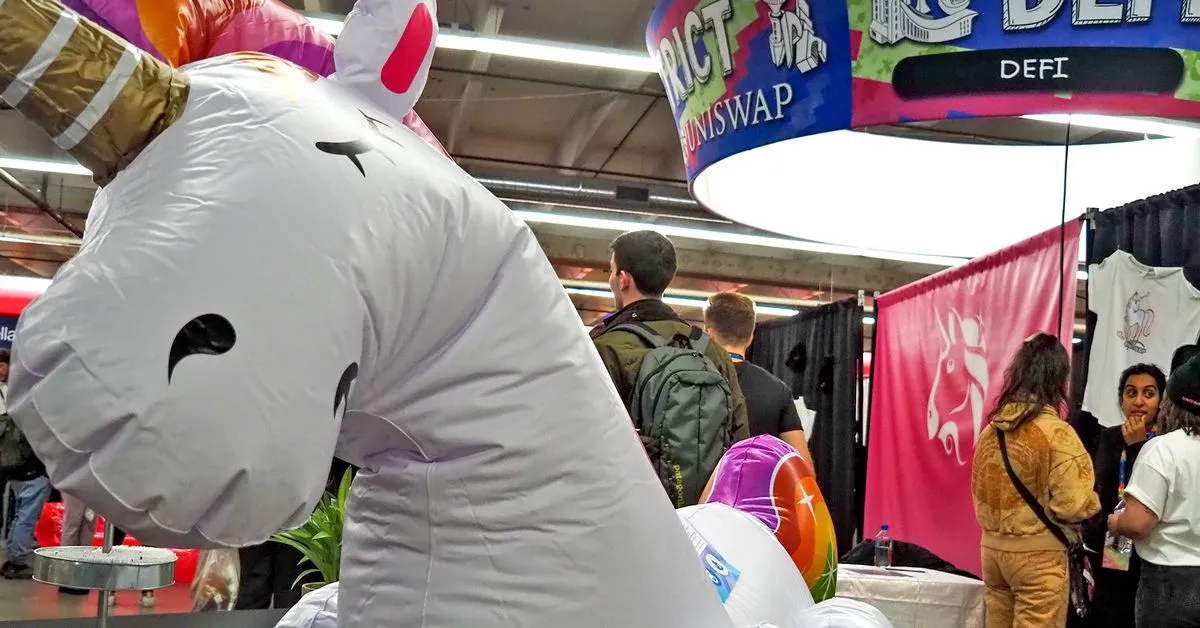Uniswap Labs, the team behind the popular decentralized finance (DeFi) platform Uniswap, has announced its vision for the next iteration of its crypto exchange platform: Uniswap v4. For the first time ever, Uniswap Labs is inviting community feedback on Uniswap v4 before its public launch. This strategy is meant to underscore Uniswap’s dedication to decentralization, a key difference from centralized exchanges (CEX) such as Coinbase (COIN) and Binance, which are currently facing lawsuits from the U.S. Securities and Exchange Commission (SEC).
Uniswap v3, the platform’s latest version, debuted in 2021 on the Ethereum blockchain and has since expanded to multiple additional networks. As of now, Uniswap v3 is the largest decentralized exchange by trading volume, having processed over $1 trillion in transactions since its inception, according to DefiLlama.
Uniswap v4 will expand on the DEX’s coin-swapping capabilities with the introduction of “hooks” and custom liquidity pools. Uniswap Labs CEO Hayden Adams described hooks as “plugins to customize how pools, swaps, fees, and LP positions interact.” This could pave the way for features like on-chain limit orders and dynamic fees, which are harder to implement in a blockchain setting. Adams also indicated that the draft code for Uniswap v4 will introduce performance improvements and fee reductions, with network gas fees required to list new pools being sliced by 99%.
The proposed licensing model for Uniswap v4 is the Business Source License 1.1, the same license used by Uniswap v3. This license delays competitors from using Uniswap’s codebase to create their own applications. Uniswap Labs is releasing its proposed Uniswap v4 plans to garner public feedback, and Adams said it could be several months before Uniswap v4 launches to the public.
“It’s really here as an initial implementation of this protocol and a vision for what it will be, but it’s not finished,” Adams said. “There’s time for people to give feedback, time for people to find improvements and optimizations, time for people to also start preparing to build on top of it.”
The move to gather community feedback is a step to adopt a more “decentralized” development model, and it is timed just as U.S. regulators are increasing scrutiny of Uniswap’s centralized competitors. It’s unclear whether (or how) similar enforcement actions could target DEXs like Uniswap, which theoretically lacks a centralized command structure or operating entity.
